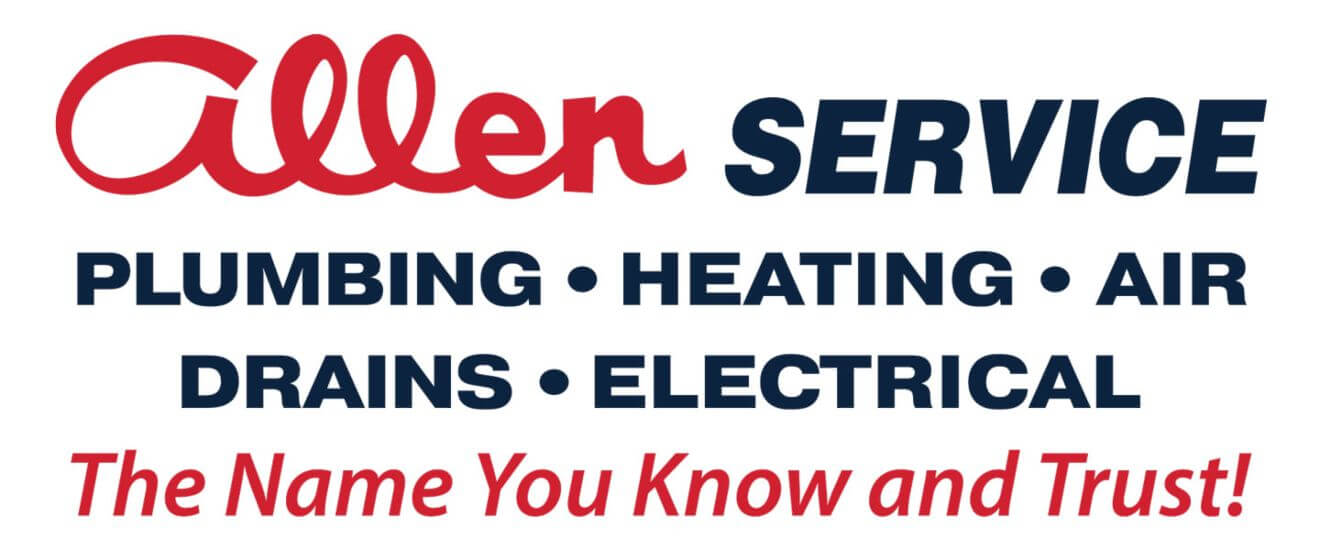5 Things to Do Now to Avoid a Furnace Repair Later

Your furnace is the heart of your heating system. To keep your system going strong, and to avoid any potential costly repairs down the road, it’s important to maintain and monitor your HVAC system. Here are some important tips for HVAC and furnace maintenance.
Clean or Change Your Air Filter
A dirty air filter can cause a lot of problems in your home. If it’s just a little bit dirty, it won’t filter out contaminants as effectively and your indoor air quality will suffer. The reduced airflow through the filter can also increase the cost of heating your home, because the heater and the fan will both have to work harder.
The bigger problem comes when you’ve let an HVAC filter get way too dirty. If it becomes so clogged that it’s hard for any air to pass through it at all, the blocked hot air can cause the heat exchanger to overheat, which may require emergency furnace repair. Or your furnace might shut itself down until you replace the air filter and reset your furnace.
Two different kinds of HVAC filters are available: disposable filters and permanent filters. If you have a disposable filter in your furnace, it needs to be changed every 2 to 3 months, depending on the type and size you have. Permanent HVAC filters are designed to be cleaned and reused, so it’s simply a matter of checking your filter every month or two to make sure it’s not too dirty. For either type of filter, a good rule of thumb is to see if light can come through. If not, it definitely needs to be changed or cleaned.
It’s not too complicated to clean out permanent filters. All you need to do is remove the filter from the furnace, rinse the dust off of it with a hose, and then let it dry out completely before putting it back in.
Keep Your Vents Clean
The hot air from your furnace flows into your house through ducts and supply vents. The vents are the rectangular metal parts inside your house, near the floor or ceiling of a room. The most common type of supply vent is called a register, which has an adjustable damper that can direct the air flow upward or downward. It can also shut off all air flow from the vent. The intake vent is called a grille, and has no damper.
As with air filters, it’s important to keep your vents clean. Dirt, dust and hairs get sucked into them, so cleaning them can allow it to run more efficiently and prevent the smell of burning material. People overlook the grille, but it sucks in air for the HVAC system, which can’t function without it. The supply vents need to be kept clean to avoid blowing various contaminants and debris into your home.
Here are some tips on how to clean your vents:
- Turn off your HVAC system completely
- Remove the vents from the wall
- Get rid of any foreign objects, like toys or bits of food
- Vacuum your vents and ducts
- Wipe them with a rag or paper towel
- Reattach them to the wall
- Turn your HVAC system on again
Check the Exhaust and Intake Pipes
The supply and intake vents circulate air within your home. The exhaust and intake pipes of your HVAC unit regulate the air coming into your home, and leaving your home. Debris and buildup such as leaves, pine needles, or heavy snow can obstruct these pipes, which could cause your HVAC system to break down. It can also cause carbon monoxide to build up in your home. To keep your family safe and prevent a furnace failure, clear out any obstructions around the pipes, and regularly check on them throughout the season after it snows.
These intake and exhaust pipes are curved PVC pipes (usually white or black) outside your home near where your furnace is located. They’re often found by your home’s foundation, which is why they can easily be blocked by tree debris or snow. Sometimes they’re on or near the roof, in which case they can still be blocked, but not as likely to be affected by buildup.
Keep Supply Vents Open
At some point you may have been told that you can save money by closing supply vents in rooms that aren’t used very much. Doing this actually has a number of negative effects. Your ventilation system was designed to be balanced a certain way. Closing vents throws off that balance and wastes energy. The trapped air pushes outward within your ducts, which can lead to leaks forming. Also, the cold air in the vacant room will seep through uninsulated walls into neighboring rooms, making the furnace and fan work harder.
Get to Know Your Thermostat
While the furnace is the heart of your heating system, the thermostat is the brain. If it isn’t working properly, it can endanger your furnace. If your thermostat uses a battery, It’s crucial that it’s not a weak one. They only last a few years, and then need to be replaced, so if your system is acting strange, this may be the reason. It’s also important to use your thermostat responsibly. Try to stick to a reasonable temperature range instead of adjusting it wildly, and keep it on Auto instead of On. Keeping the fan running constantly can wear out your fan and your furnace.
If you need furnace repair or service, call the Allen team. Allen Service has been servicing Fort Collins, CO homes for over five decades. Owners and brothers, Mike and Jeff Allen are the third generation of the Allen family to run the business. They carry out the tradition of delivering excellent customer service and high-quality parts for all plumbing, heating, and air conditioning projects to your home. When you work with Allen Service, you are working with the best!


